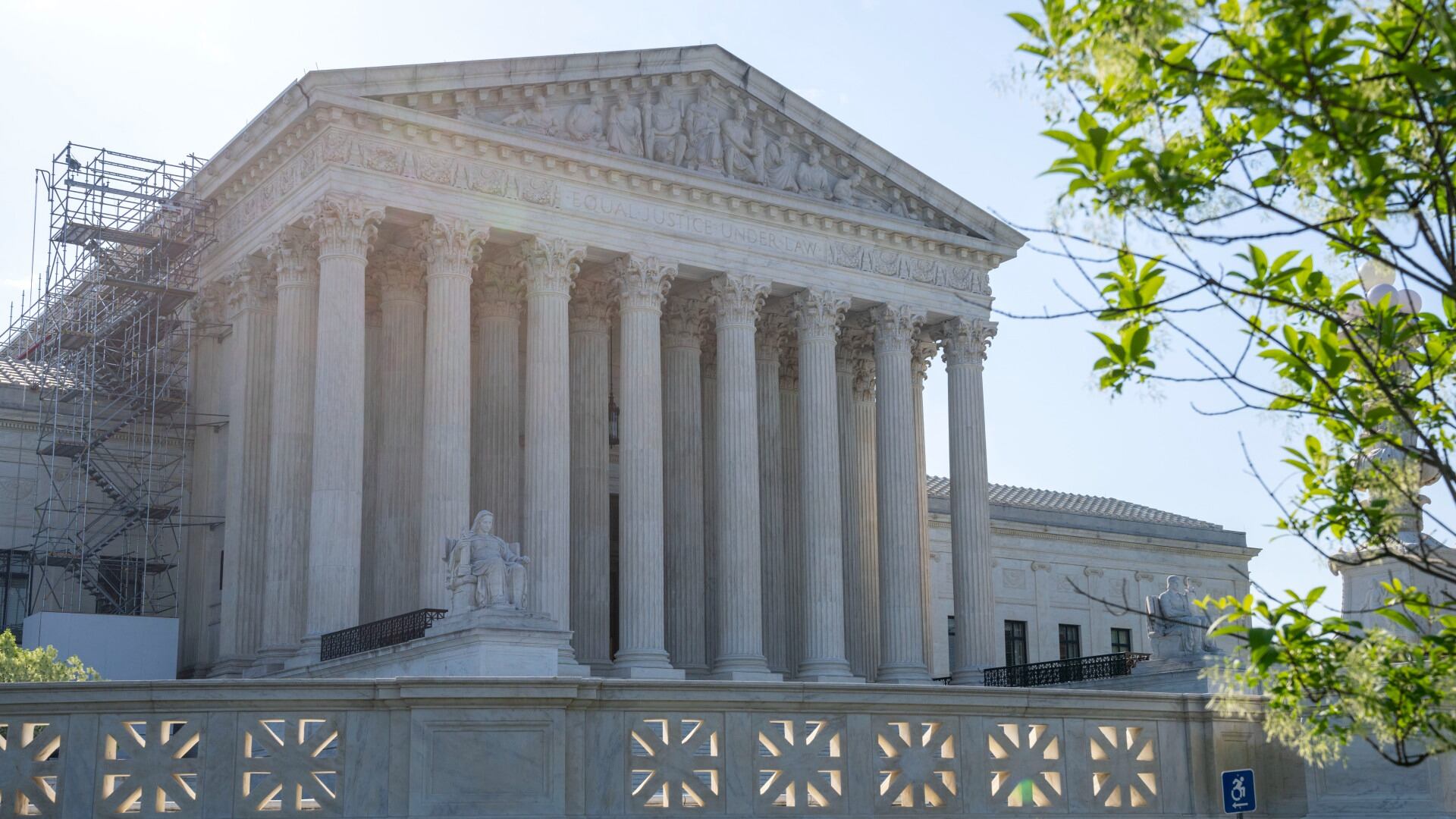By Stephen Groves and Mark Sherman
Democrats on the Senate Judiciary Committee voted Thursday to authorize subpoenas for two prominent conservatives who arranged luxury travel and other benefits for Supreme Court justices, but Republicans planned to object to the legitimacy of the action.
The committee chairman, Sen. Dick Durbin, D-Ill., pushed through the vote in the meeting's final moments after Republicans had walked out. The vote from the 11 Democrats would authorize subpoenas for Republican megadonor Harlan Crow and conservative activist Leonard Leo. Yet Durbin acknowledged that ultimately enforcement of the subpoenas may hinge on a 60-vote threshold in the closely divided Senate.
South Carolina Sen. Lindsey Graham, the committee's top Republican, invoked a rule to limit the session to two hours, but Durbin proceeded with a vote on the subpoena authorization.
“They think we’re gonna roll over and come back sometime later and try all over again and face the same limitations," Durbin said. "There reaches a point where there has to be a vote. They walked out on it. That’s their decision.”
It capped a contentious hearing in which Republicans tried to delay the committee from voting on the effort to subpoena Crow and Leo for information on the gifts and trips they gave to Supreme Court justices. The move is part of the committee's investigation into Supreme Court ethics.
The high court this month adopted its first code of ethics after facing criticism for some justices receiving luxury trips and gifts from wealthy benefactors. But Democrats pointed out that the ethics code lacks enforcement and allows the justices to police themselves. It "falls far short of what we would expect from the highest court in the land,” Durbin said.
The committee has advanced legislation to impose a separate ethics code on the court.
Crow has had both a close personal and financial relationship with Justice Clarence Thomas for more than two decades. Crow paid for nearly annual vacations for Thomas. Crow also bought from Thomas and others the Georgia home in which the justice’s mother still lives, and Crow paid for the private schooling for a Thomas relative.
Leo is an executive at the Federalist Society and has orchestrated a push to move the court and the rest of the judiciary to the right.
During the hearing, senators at times rehashed years-old grievances over the tactics used to control a committee that has been central in the political fight over judicial oversight. Republicans, angry at Durbin's attempt to forge ahead on the subpoena vote, threatened that any bipartisan cooperation on the committee would be destroyed.
Graham said the subpoenas were “garbage" and “a complete joke” and he accused Democrats of trying to remake the court to their liking.
“You are trying to restructure the court. This is just another way to do it,” he said.
When Durbin limited debate on separate judicial nominees to prevent Republicans from delaying the subpoena vote, GOP senators threatened retribution.
“You are going to have a lot of consequences coming if you go down this road,” said Sen. Tom Cotton, R-Ark.
The committee had previously planned to subpoena another wealthy Republican donor, Robin Arkley II, who arranged and paid for a private jet trip to Alaska for Justice Samuel Alito in 2008. Durbin dropped that subpoena after Arkley provided the information the committee was seeking.
Durbin said Leo and Crow have not cooperated with the committee’s requests for more information on their relationships with justices.
“Both Leonard Leo and Harlan Crow are central players in this crisis,” Durbin said. “Their attempts to thwart legitimate oversight efforts of Congress should concern all of us.”
Senate Majority Leader Chuck Schumer, D-N.Y., added his support to the effort, saying, “The hypocrisy is undeniable and the American people see right through it.”









